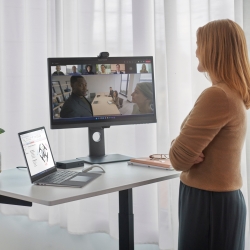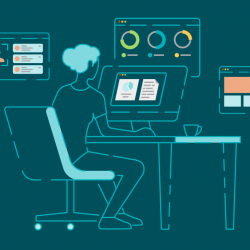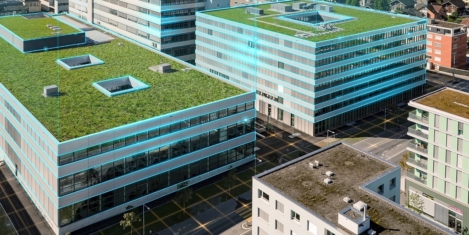March 21, 2022
Small business focussed more on measuring productivity in new era of work
 A new report from Be the Business, tracking business performance and management capabilities has found business leaders are positioning themselves to improve productivity levels, including increased adoption of e-commerce, and greater emphasis on measuring business performance and strategic planning. The Productive Business Index (PBI) is derived from a survey of over 1,000 directors of companies with 2-249 employees. The PBI features a headline number, indicating the overall health of businesses, and sub-indices which provide insight on key productivity drivers such as management skills; technology adoption; training and HR; operating efficiency; and innovation. (more…)
A new report from Be the Business, tracking business performance and management capabilities has found business leaders are positioning themselves to improve productivity levels, including increased adoption of e-commerce, and greater emphasis on measuring business performance and strategic planning. The Productive Business Index (PBI) is derived from a survey of over 1,000 directors of companies with 2-249 employees. The PBI features a headline number, indicating the overall health of businesses, and sub-indices which provide insight on key productivity drivers such as management skills; technology adoption; training and HR; operating efficiency; and innovation. (more…)






































March 23, 2022
A burst of technological innovation is reshaping the future of work
by Toby Benzecry • Comment, Flexible working, Technology, Workplace design